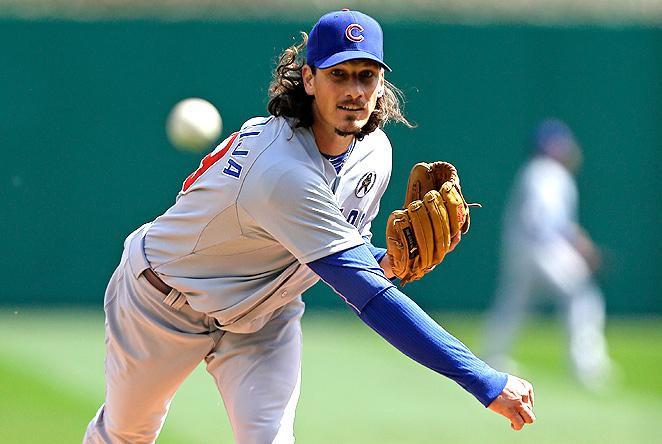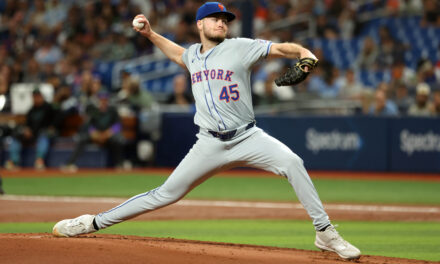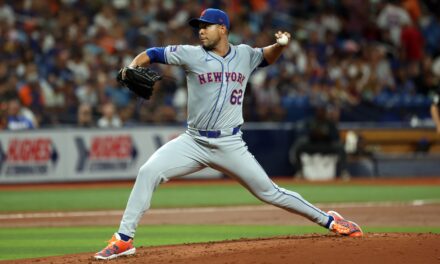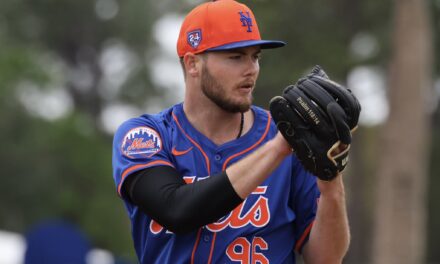Nick asks…
There have been talks that Jeff Samardzija may again be available in the trade market. What would it cost the Mets to get the deal done, and is it even a realistic option? He did pitch over 200+ innings last year, so he could be that back end innings eater at an affordable price of an estimated $4.9 million in arbitration.
Mitch replies...
Good question, Nick.
The first thing I thought about when I saw the initial Samardzija trade rumor was that if the Chicago Cubs are supposedly seeking young pitching in the trade market this winter, why would they be trading away young pitching?
After a solid 2012 campaign, Samardzija was supposed to take over as the ace of the Cubs in 2013. It was a shaky season for Samardzija, and the rumor is that they were looking to trade him at the deadline, but they were asking for a lot.
It is likely that the asking price has not changed much. The fact that he is a very affordable option, and has the potential to be a middle of the rotation starter means the Cubs should be able to draw some good young talent in return. The Cubs were probably trying to get two or three top prospects in return for Samardizja, which is why the trade talks with Arizona fell through last season.
The trade talks with Arizona are supposedly back on, and my guess is that the Cubs will want to get two or three young pitching prospects in return for Samardzija again. That means that in order for the Mets to get Samardzija, the asking price would more than likely include Rafael Montero, Cory Mazzoni, and maybe a lower level prospect like Gabriel Ynoa.
While Samardzija is a very talented pitcher and it makes sense from a fiscal standpoint, the Mets are a rebuilding team, and these are not the types of trades they should be making at this time. I would be in favor of this trade if the Mets were a playoff caliber team and needed to add another arm to the rotation.
They aren’t there yet.
At this point, the Mets aren’t going to send two or three prospects to another team, unless it’s for an impact bat, not a middle of the rotation starter. If the Mets want to get an inning eater for around $5 million per year, it would be wiser to sign a free-agent arm and not have to give up any prospects in return.















